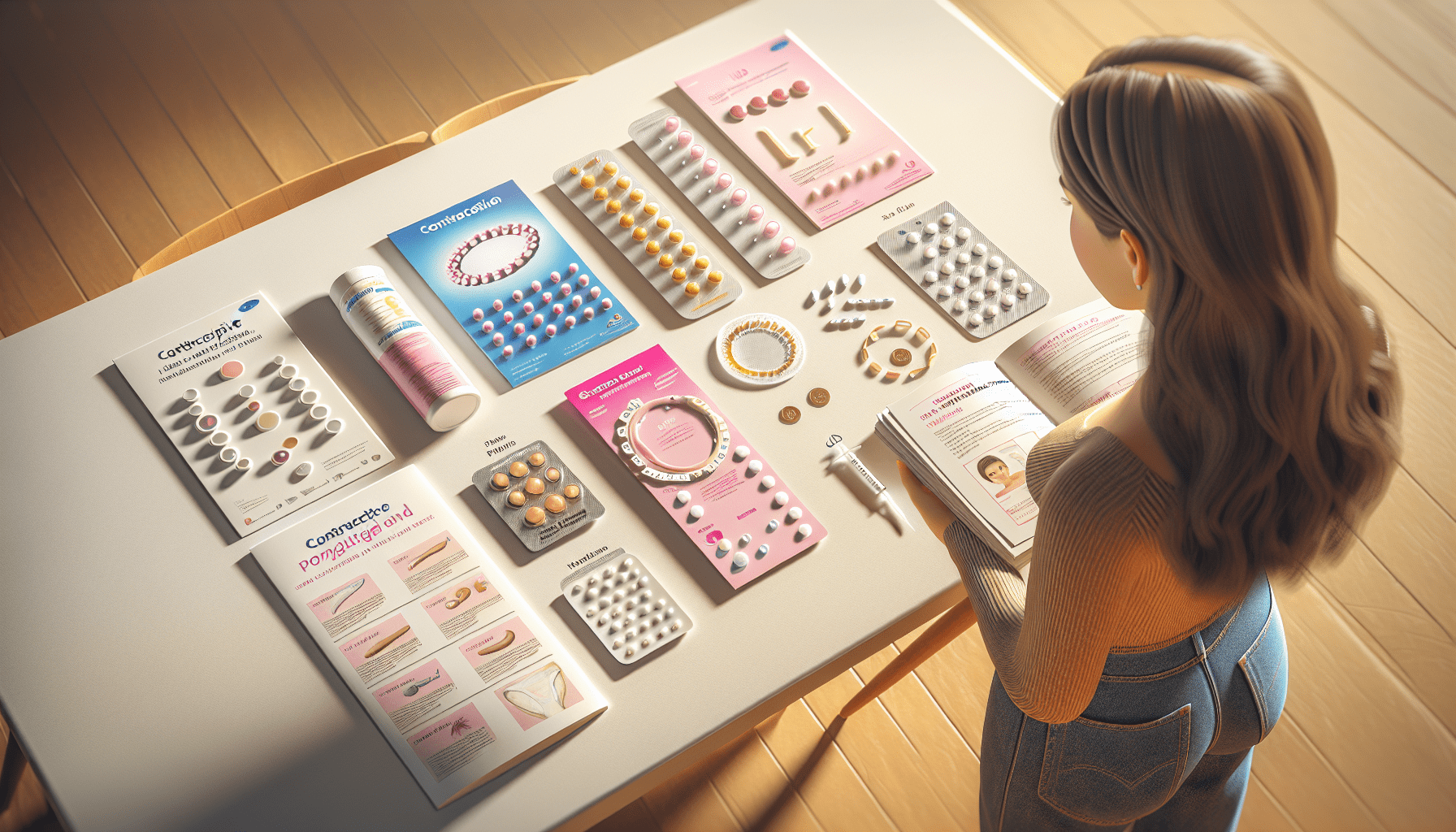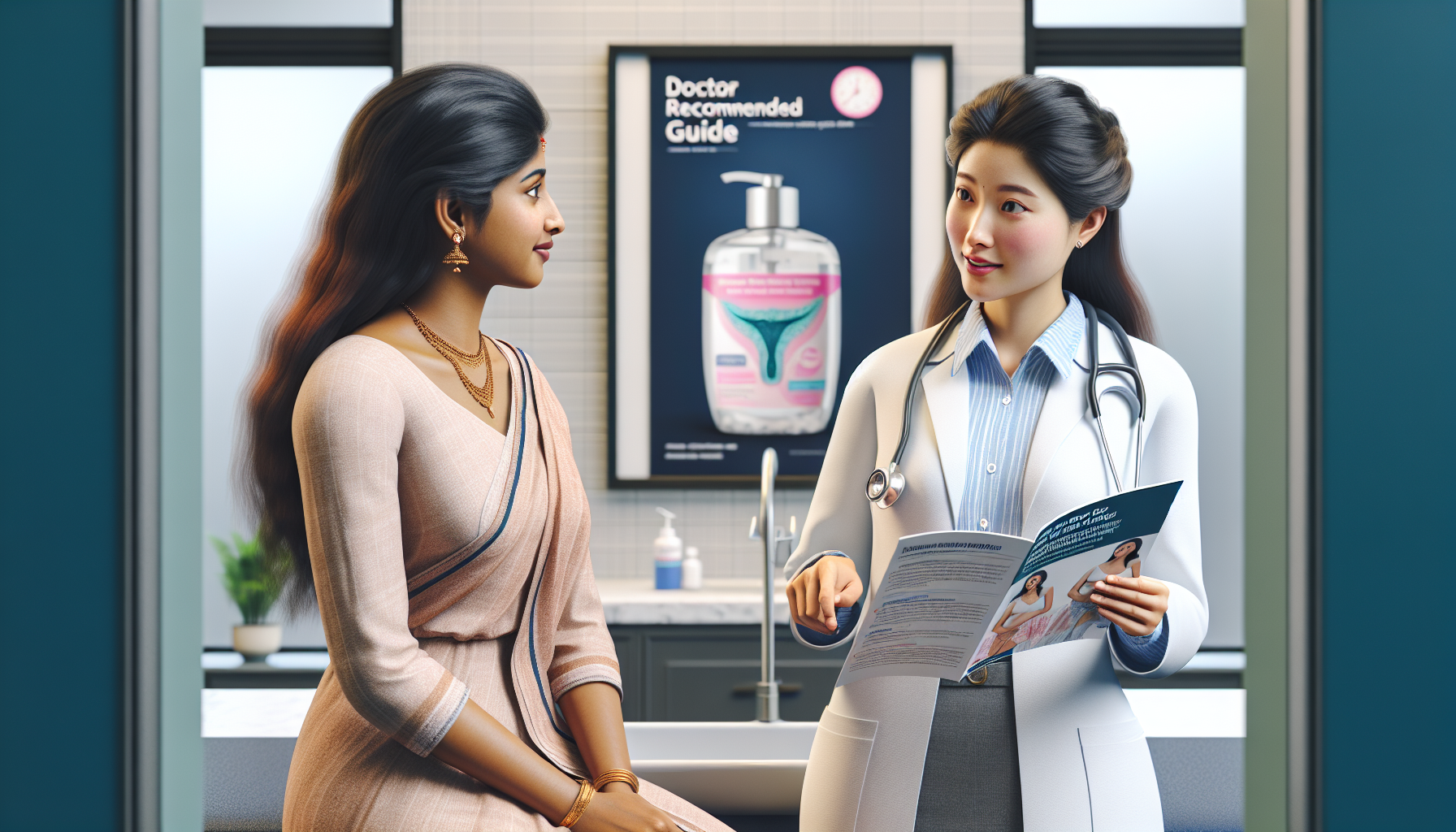Postpartum Depression Symptoms
Congratulations on your new addition to the family! The postpartum period, also known as the fourth trimester, can be an exciting yet challenging time for new mothers. While many women experience joy and fulfillment after giving birth, it is important to acknowledge that some may also experience postpartum depression.
Postpartum depression is a mood disorder that affects women after childbirth. It is more than just the “baby blues,” which is a common and temporary emotional state that many new mothers experience. Postpartum depression is characterized by intense feelings of sadness, anxiety, and exhaustion that can interfere with a woman’s ability to care for herself and her baby.
Here are some common symptoms of postpartum depression to be aware of:
Feelings of sadness, hopelessness, or emptiness
Loss of interest or pleasure in activities
Changes in appetite and sleep patterns
Fatigue or low energy
Difficulty bonding with the baby
Intense irritability or anger
Withdrawal from family and friends
Thoughts of self-harm or harming the baby
Mental Health Support
It is essential to prioritize your mental health during the postpartum period. Taking care of yourself will allow you to better care for your baby and enjoy the precious moments of motherhood. Remember that seeking help is a sign of strength, and you are not alone in this journey.
Here are a few strategies to support your mental health during the postpartum period:
- Reach out to your support network
Lean on your partner, family, and friends for emotional support. Share your feelings and struggles with trusted individuals who can provide a listening ear and reassurance. - Participate in a postpartum support group
Connecting with other new mothers who are experiencing similar challenges can be incredibly helpful. Joining a postpartum support group can provide a safe space for sharing experiences, receiving guidance, and gaining a sense of community. - Prioritize self-care
Make time for self-care activities that promote relaxation and rejuvenation. This may include taking a warm bath, practicing mindfulness or meditation, or indulging in hobbies that bring you joy. - Get moving
Engaging in regular physical activity can have a positive impact on your mental health. Consider taking walks with your baby, attending postnatal exercise classes, or finding an exercise routine that suits your needs. - Maintain a healthy lifestyle
Eating a balanced diet, getting enough sleep, and staying hydrated are essential for your overall well-being. Small, manageable changes to your daily routine can make a significant difference in how you feel. - Consider therapy
Talking to a professional therapist can provide valuable insights and support during the postpartum period. They can help you navigate the challenges and emotions that accompany this significant life transition.
Postpartum Mental Health
Understanding your mental health during the postpartum period is crucial for your well-being and that of your baby. It is important to remember that postpartum depression is a common condition that can affect any woman, regardless of background or circumstances.
At Bravoshe, we believe in supporting women on their journey to better mental health. We offer a range of self-care and hygiene products designed to empower women during the postpartum period. From soothing bath salts to gentle skincare, our products are here to help you prioritize your well-being.
If you or someone you know is experiencing symptoms of postpartum depression, please seek help from a healthcare professional. Remember, reaching out for support is a courageous step towards regaining your mental health and enjoying the beautiful moments of motherhood.
Stay strong, and remember that you are not alone.






